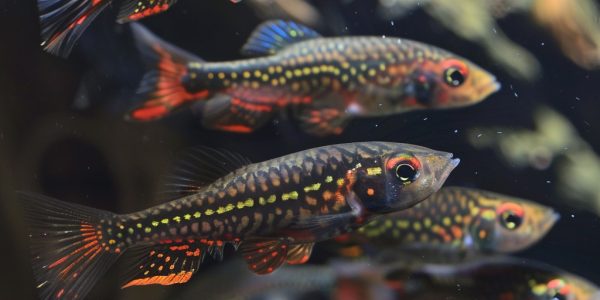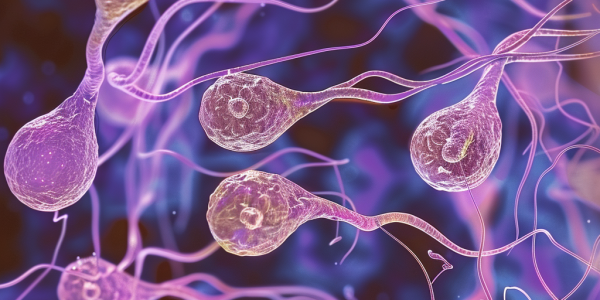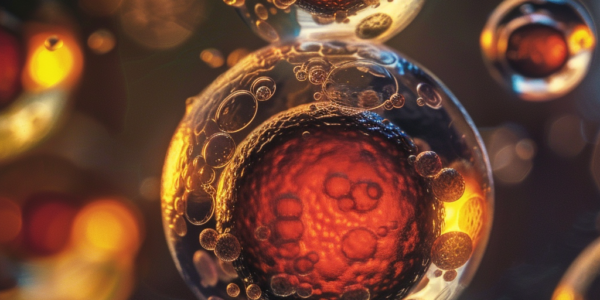Exploring Human Reproduction in Space: A Step Towards Interplanetary Survival
As humanity faces escalating challenges on Earth, experts advocate for exploring reproduction in space. Research led by Teruhiko Wakayama on mouse sperm aboard the ISS aims to unlock the potential for human colonies on celestial bodies, ensuring survival against existential threats. This groundbreaking work could revolutionize reproductive technology and genetic preservation, paving the way for a sustainable human presence beyond our planet.
Study Reveals Role of Germ Cells in Lifespan Differences Between Genders
Japanese scientists have uncovered the mystery behind why women tend to outlive men, pointing to the role of cells that develop into sperm and eggs in determining lifespan differences. The groundbreaking research on killifish from Osaka University reveals that inhibiting germ cell production led to longer male lifespans and shorter female lifespans, shedding light on the impact of reproductive cells on longevity disparities between genders.
Covid-19 Virus Found to Persist in Sperm for Up to 90 Days, Affecting Semen Quality
Researchers at the University of S\u00e3o Paulo (USP) in Brazil have discovered that the Covid-19 virus can persist in sperm for up to 90 days post-hospital discharge, impacting semen quality. The study found that 69.2% of male patients recovering from Covid-19 had the virus in their sperm, highlighting the virus’s unique response in sperm cells. This groundbreaking research reveals the implications for assisted reproduction techniques and the importance of a ‘quarantine’ period for individuals planning to conceive post-recovery.
Discovery of Male Fertility Gene
Scientists have discovered a male fertility gene, SPOCD1, that works in partnership with the C19orf84 gene to protect early-stage precursors to sperm cells from damage. Understanding how these genes work together could explain the basis of severe cases of male infertility. The findings, published in Molecular Cell, shed light on the genetic causes of conditions like cryptozoospermia and azoospermia, which affect around one percent of men.




